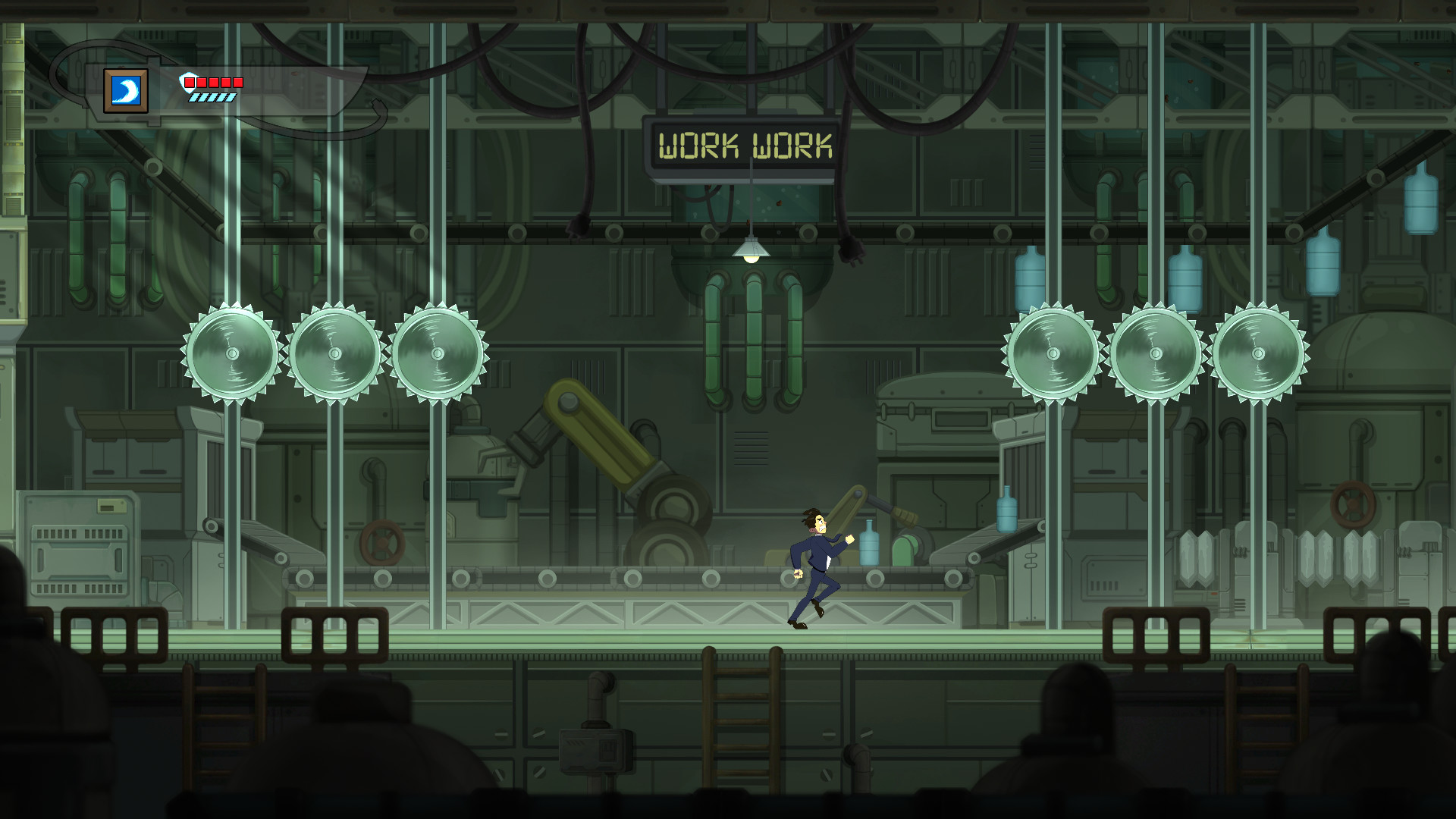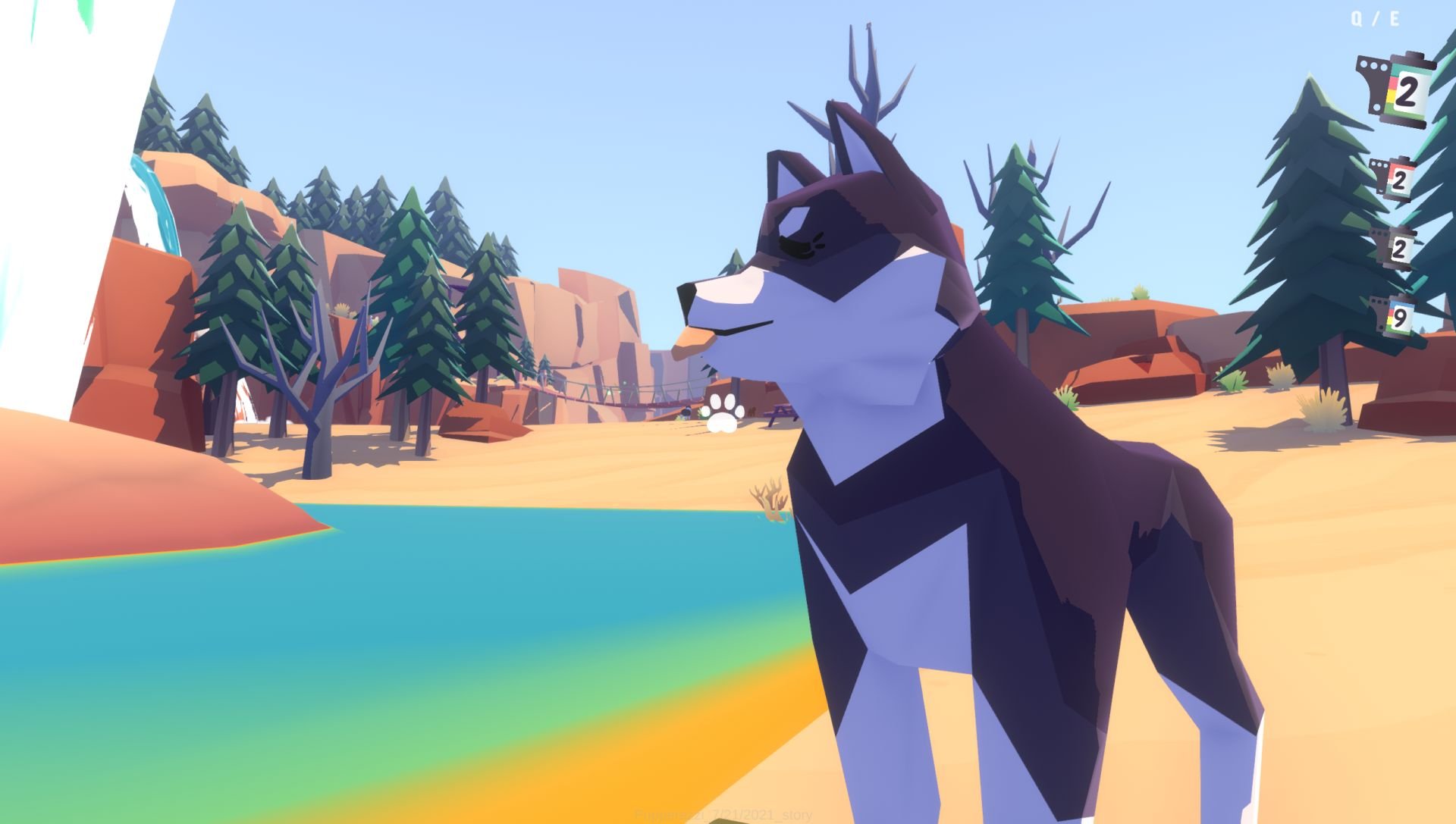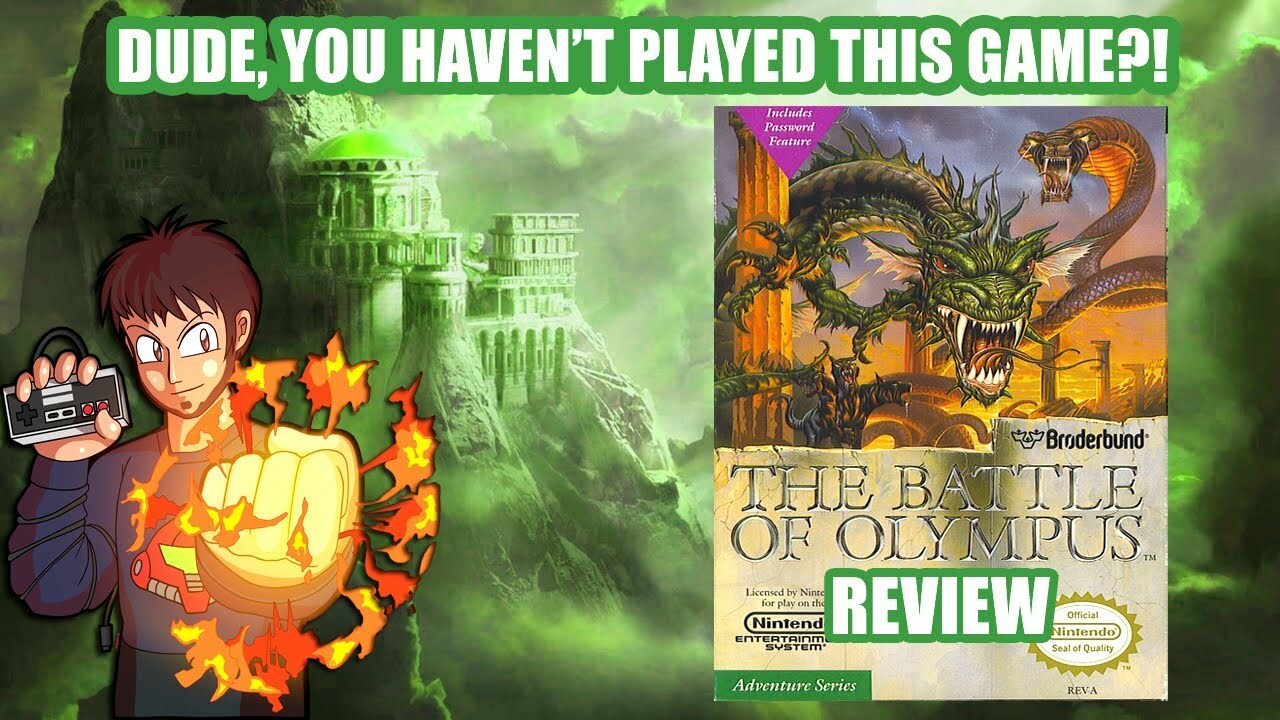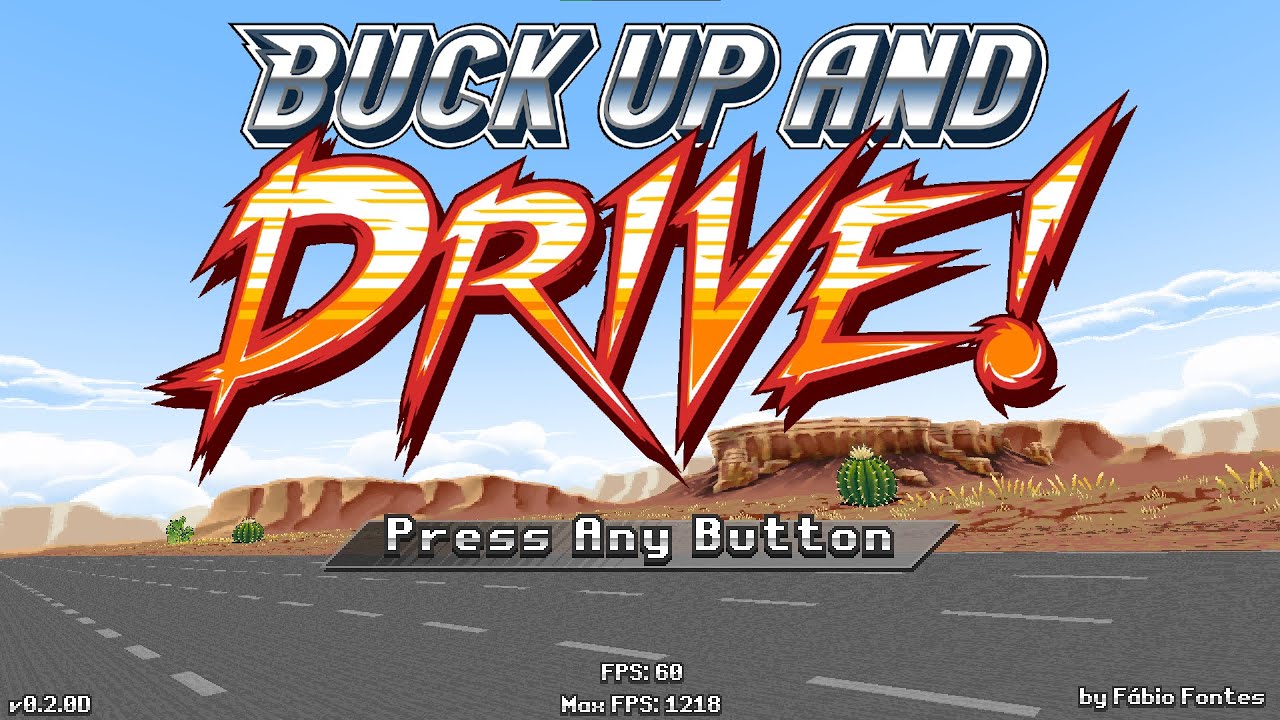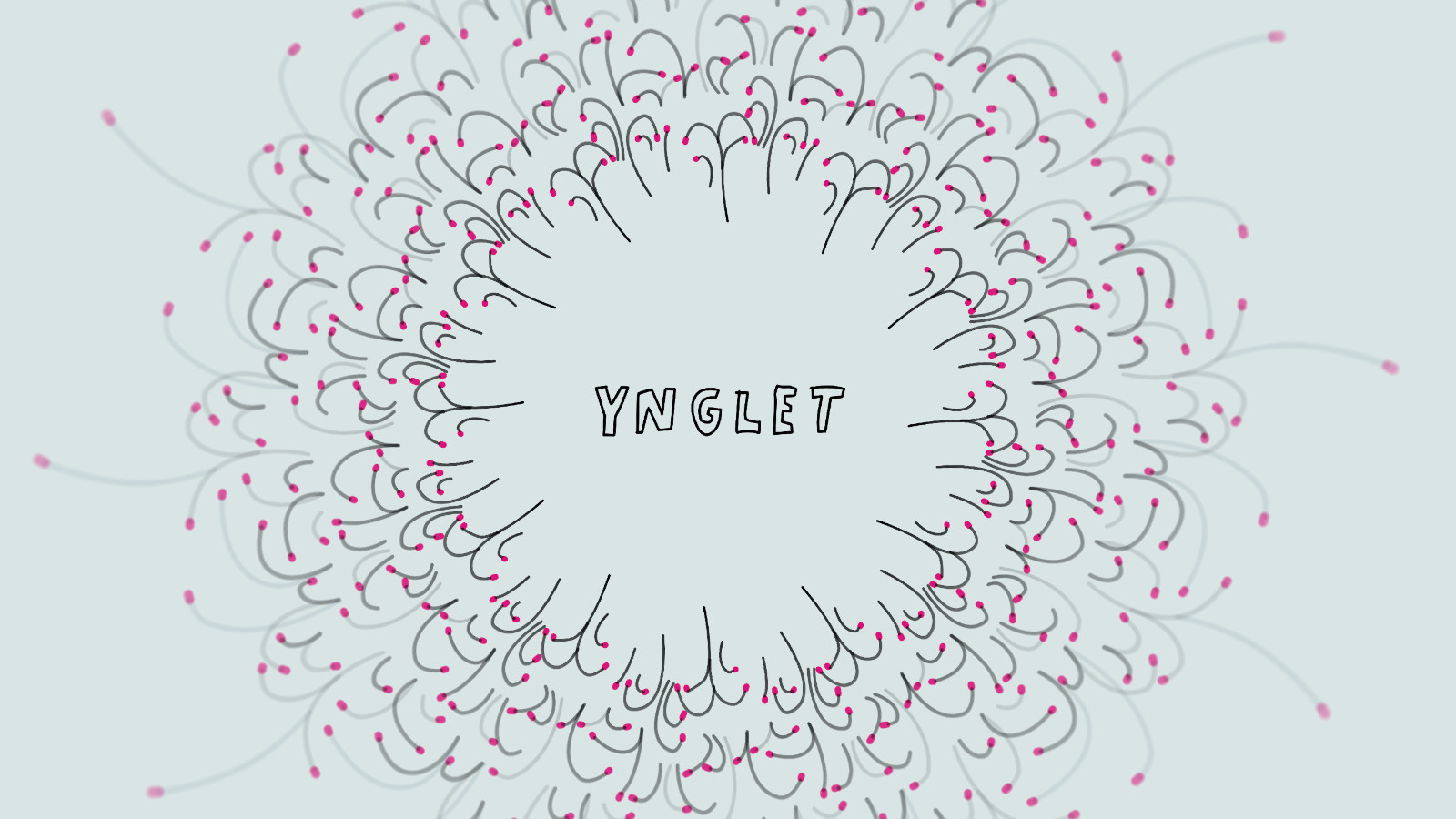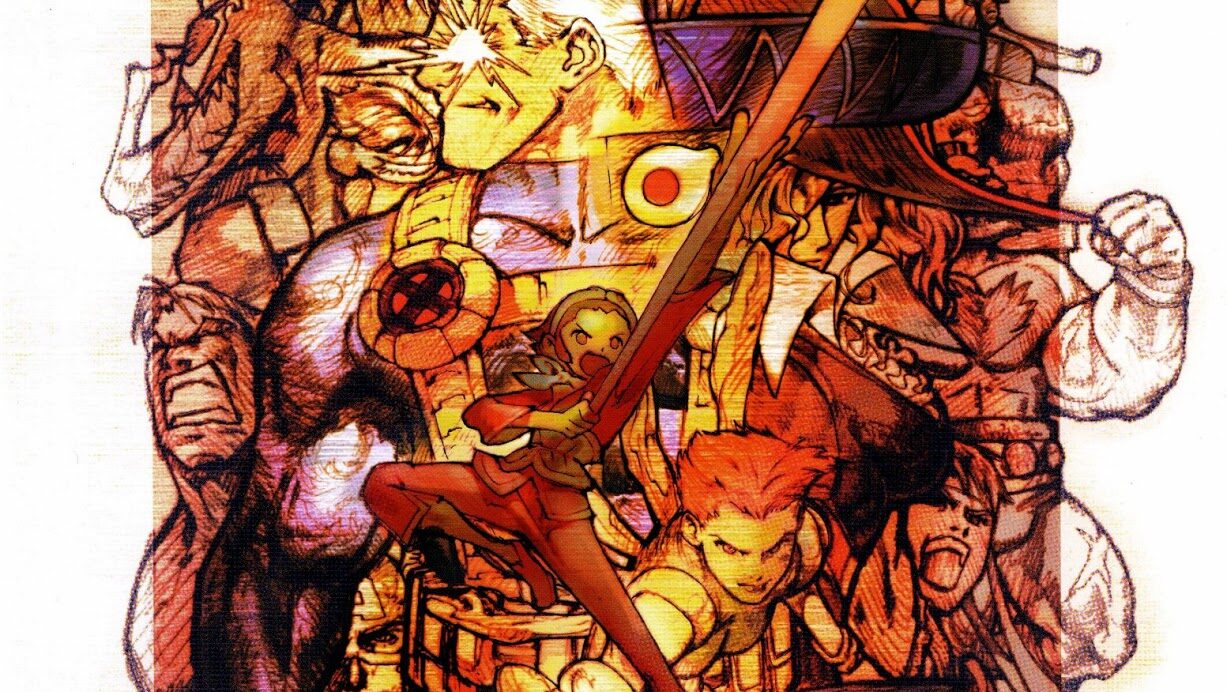Latest
Dog Photography Adventure Pupperazzi Out Now
By Billy Givens on January 20th, 2022 Sundae Month and Kitfox Games’ have released their dog photography game Pupperazzi today for Xbox and PC. Pupperazzi is pretty much exactly what it sounds like – you’re simply tasked with taking tons of photos of pups. Sporting an extremely vibrant and colorful art style, the game clearly…
Dongled – Dude, You Haven’t Played This Game?! Battle of Olympus NES Review
Mike checks out Battle of Olympus, a game oft compared with other NES titles.
Wild Arcade Driving Game, Buck Up And Drive! Out on Steam Now
Developer Fábio Fontes released a driving fighting game that sees you customizing your car with eggplant emojis and grinding your car on rails al la Tony Hawk.
Check Out This Histera: Fall of Human Work in Progress Gameplay Reveal
Developer StickyLock has recently released a sneak peek at their ambitious new first-person shooter Histera: Fall of Human.
Edge of Eternity Receiving Physical Release In Europe and North America Next Month
The turn-based RPG makes its way to physical stores very soon.
Mario Actor Charles Martinet Says He Dreams as the Character
Charles Martinet, who has voiced the beloved Nintendo mascot Mario since 1992, has shared some rather adorable news: He regularly dreams as the character.
Yelling about Ynglet: 2021’s Overlooked Platforming Gem
Ynglet is a remarkably odd platformer that flew under the collective radar, which is a shame as it offers a wonderful counterpoint to archetypal genre design.
Marvel vs. Capcom – The Unknown Fighters
Capcom’s legacy is gigantic, and sometimes that means characters get lost. For some though, their last foray was in the Marvel vs. Capcom series.
Risk System Offers PlayStation Gamers A Unique Spin On Shoot-Em-Ups Very Soon
Hidden Trap and Newt Industries’ anime-inspired shoot-em-up title Risk System is headed to PlayStation 4 next Tuesday, January 11.
Arcade1Up Announces ‘Killer Instinct,’ ‘Mortal Kombat’ Machines at CES 2022
Arcade1Up has new offerings coming out, including more fighting game classics to help keep you entertained in later this year.




